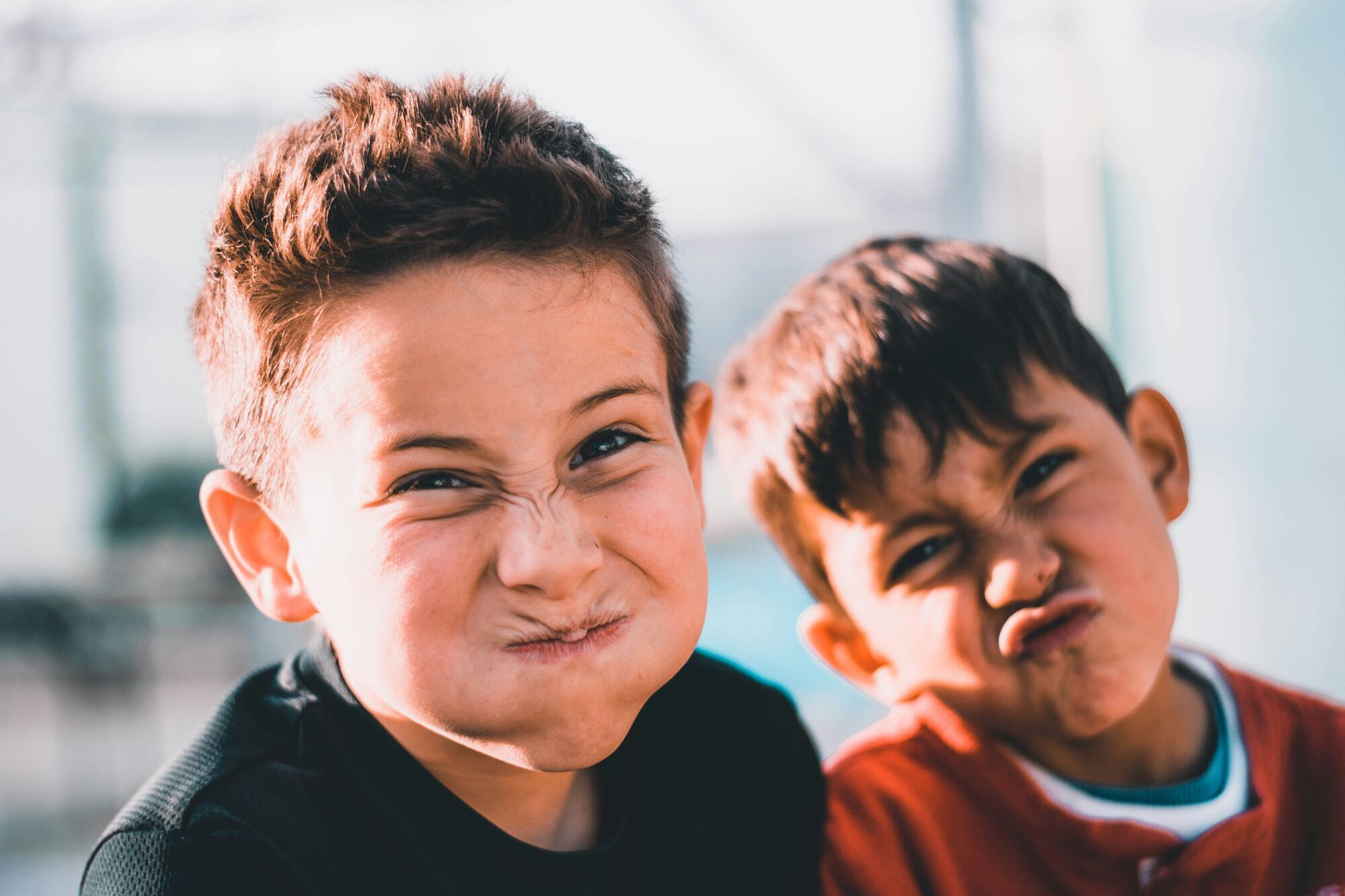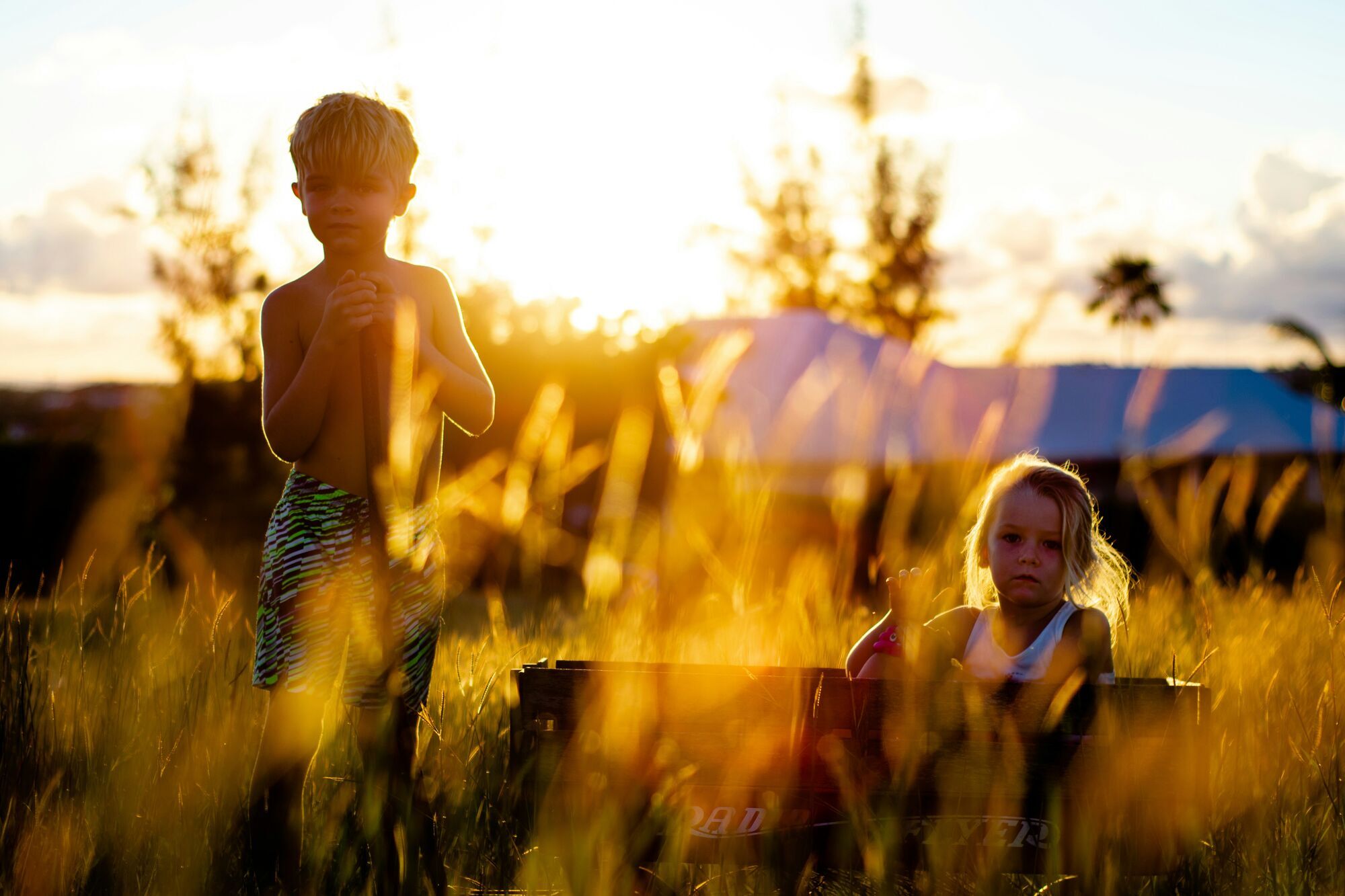Together with child psychologist Anna Shatalova*, we explore the advantages and challenges faced by expat children and how to help them overcome difficulties.
*Anna Shatalova – сhild psychologist, licensed specialist in correcting dyslexia, dyscalculia, ADHD, member of the DDAI association, neuropsychologist, and autism correction specialist.
↪︎ “I want to go home.”
“Where exactly?”
“Oh, I’m confused.”
↪︎ “Ayda and ‘anda’ are the same. Oh, I think I just said the same phrase in four different languages.”
↪︎ “My first words were in Latvian. That's what they said at the kids' club. But my mom didn’t understand what I was saying. And neither did my dad.”
↪︎ “My first friend was Uzbek. Maybe not the first, but it’s what I remember. She spoke only Uzbek. We lived in the same neighborhood. We used to run around, catch scorpions. I don’t remember her name. Actually, I’m not sure I ever knew her name. But I remember that vividly. Now I live in a completely different country.”
↪︎ “My Swiss school is way cooler than my Ukrainian school. But I’d still like to go back to my Ukrainian one.”
These are quotes from children who worked with child psychologist Anna Shatalova. What do they have in common? They are all “Third Culture Kids.”
The term “Third Culture Kids” was coined by American sociologists John and Ruth Useem to describe the unique experience of children who spend a significant part of their lives in cultures different from their parents’. Essentially, these are the children of immigrants and expats. The first culture is their parents’ country of origin, the second is the country (or countries) where they live, and the third is the mix that forms within them. A well-known example of a Third Culture Kid is former U.S. President Barack Obama, who was born in Hawaii to a Kenyan-American family and grew up in Indonesia and the U.S.
Recent estimates suggest that there are at least 281 million people worldwide who have migrated from one country to another at least once. While there’s no precise data on how many of these are children, studies show that in cases of expat relocation, about 50% move with a partner and child(ren). Even rough estimates suggest that tens of millions of Third Culture Kids live around the world today.
The experience of children who move during their childhood is vastly different from that of adult immigrants. They develop unique adaptation skills, with both benefits and challenges. Let’s explore these characteristics in detail.
▶︎ Challenges of Self-Identity
Anna Shatalova explains that Third Culture Kids have a unique perspective, but this often comes with a sense of incompleteness. “These children may never feel fully belonging to any one culture, which can lead to anxiety,” she says.
“Unfortunately, they often feel like outsiders for a long time and notice cultural injustices and conflicts of expectations,” Anna continues. In the book Third Culture Kids: Growing Up Among Worlds, David Pollock and Ruth Van Reken describe this as “value dissonances in intercultural experiences.” Children may face confusion about what is considered right or wrong, as behavior may be perceived differently at home and in society. For example, in some European countries and the U.S., removing shoes at home is uncommon, while in the post-Soviet states, it’s mandatory.
This feeling is especially strong for children living in more than two cultures. For instance, their parents may come from different countries, they live in a third, and they attend an international school that follows the traditions of a fourth country. For example, a child of a Ukrainian-Polish couple living in Portugal and attending a British international school. “The more countries involved, the less grounded one’s identity will feel, not just for the children but for the parents too. In just a few years, the question ‘Where are you from?’ can leave you at a loss,” says Anna.
She notes that identity can be reinforced through family “roots” — by staying connected with grandparents and maintaining family traditions. “For some, this is enough. Others opt for weekend schools to study their native language and literature. Families should consider their own needs. If it’s important for parents that their child knows and speaks their native language, learning it will never be a wasted effort for cognitive development. Remember, the bulk of cognitive reserve — how well-developed attention, memory, and critical thinking are — is formed by age 20. The higher the reserve, the more capable a person will be throughout life,” the psychologist advises.
▶︎ Ease of Building Social Connections
According to Anna Shatalova, Third Culture Kids develop communication skills more rapidly. These children form deep, sincere relationships with others quickly (though they also tend to part ways more easily).
“These children tend to feel close only to people with similar experiences of living in other cultures. All things being equal, a child who has lived in Portugal for several years and then moves to another country will more easily bond with another child who has also experienced relocation, regardless of the culture they lived in,” explains Anna. Additionally, immigrants often form friendships with other immigrants from the same country, as they share similar life experiences and a common language.
▶︎ Difficulty with Planning
Third Culture Kids often feel that their lives are out of their control. The unpredictability and instability of frequently moving and changing schools make it hard for them to look forward to upcoming events, as news of another move could disrupt their plans. For the same reason, they tend to part with friends more easily, knowing that any bond might be temporary. Children who have relocated multiple times report that it’s difficult to make plans for the distant future because it feels like “promises that can’t be kept.”
Since the future is uncertain, Third Culture Kids often focus more on the present than on long-term goals, which can be challenging to adjust even when no more moves are planned.
▶︎ Flexibility in Adaptation
On the other hand, the uncertainty of the future helps develop flexibility. If parents support their children’s confidence and calmness during moves, these children are less likely to feel anxious about starting something new. Third Culture Kids are well-equipped with adaptation tools that they have tested in various contexts. This is a valuable skill for the future, especially when changing jobs or adapting to new workplaces.
As adults, most Third Culture Kids feel comfortable in different cultural and social contexts, quickly grasping the “rules of the game” in new environments. Their experience with intercultural communication and knowledge of multiple languages helps them excel in these situations.
▶︎ Openness to New Experiences
“Third Culture Kids are often the ‘window to the world’ for their families. They help expand cultural awareness, tolerance, and understanding. They encourage their parents to become more flexible and adaptive. For society, they serve as bridges, reducing cultural barriers and promoting intercultural interaction,” says Anna Shatalova.
Cross-cultural knowledge and skills become a part of Third Culture Kids’ identity. Maintaining international connections and staying in touch with the various cultures they’ve encountered at different life stages is important for them. As adults, they often continue learning foreign languages, enjoy traveling, and are open to working abroad. These are the people who will thrive in new work environments, especially in the culture of remote work and digital nomadism.
▶︎ How to Help a Third Culture Kid Navigate Their Challenges: Psychologist’s Recommendations
↪︎ To help with identity formation, immerse the child in various cultures, organizing cultural days with activities such as reading books, watching films, and exploring mythology and traditions. It’s important to maintain a balance of cultures, showing genuine interest in the local culture and demonstrating curiosity. Keep in mind that a child’s psychological balance largely depends on the balance of the parents.
↪︎ In the first year, reduce expectations, listen to their concerns, and help them adapt. Support their sense of confidence and stability.
↪︎ When choosing a school, it’s best to opt for one with other immigrant children. Friends are more important than academics, location, or other factors in the early stages. Children need to feel accepted and understood, and only other children can provide those emotions.
↪︎ Don’t forget about family traditions, even small rituals that provide stability. For example, no matter what happens, you wake your child in a special way and make breakfast for them. No matter what, you read books in bed in the evenings. No matter where they are, the Tooth Fairy will visit if they lose a tooth. No matter where they celebrate New Year’s, their present will be waiting under the tree. These routines offer the child psychological stability and a sense of security.













